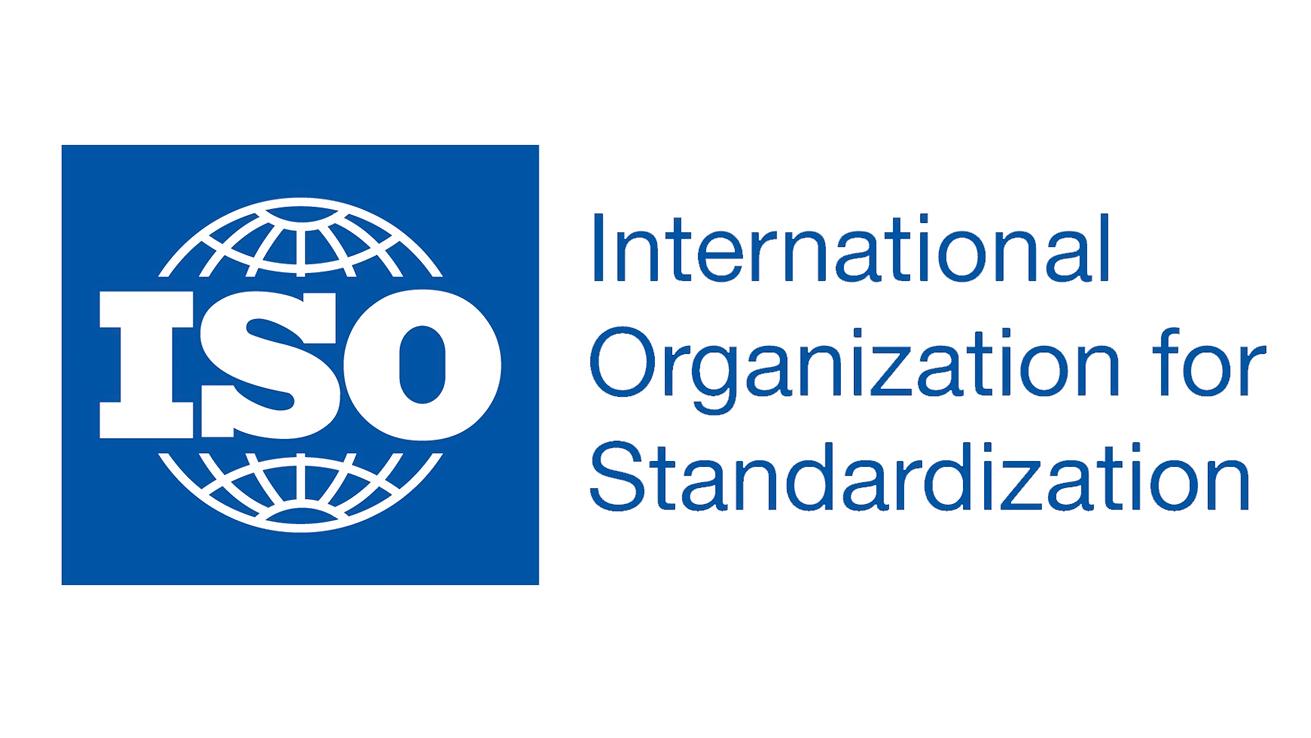In the intricate world of global trade and commerce, the International Standards Organization (ISO) serves as the guiding beacon for ensuring seamless operations in logistics, transport, and shipping. From standardized procedures to efficient processes, ISO sets the bar high for those navigating the complex web of international supply chains. Join us as we delve into the world of ISO logistics, transport, and shipping, where precision and consistency reign supreme.
International Standards for Efficient Supply Chain Management
Efficient supply chain management is crucial for businesses to stay competitive in today’s global economy. The International Standards Organization (ISO) has developed a set of guidelines and standards to help organizations streamline their logistics, transportation, and shipping processes. By adhering to these standards, companies can improve efficiency, reduce costs, and enhance customer satisfaction.
Some key ISO standards for efficient supply chain management include:
- ISO 9001: This standard focuses on quality management systems, helping organizations ensure consistency in their products and services.
- ISO 14001: Environmental management systems are covered in this standard, helping companies reduce their carbon footprint and operate in a sustainable manner.
- ISO 28000: Supply chain security management is addressed in this standard, helping organizations protect their goods from theft and damage during transportation.

The Importance of ISO Standards in Logistics
ISO standards play a crucial role in the logistics industry by ensuring efficiency, safety, and quality in the transport and shipping of goods worldwide. These standards are developed and published by the International Standards Organization, a global body that aims to harmonize processes and systems across different industries. By adhering to ISO standards, logistics companies can improve their operations, reduce risks, and enhance customer satisfaction.
Some of the key benefits of implementing ISO standards in logistics include:
- Improved consistency: Standardized processes and procedures help maintain consistency in operations, leading to better performance and fewer errors.
- Enhanced safety: ISO standards focus on safety regulations and best practices, helping to protect workers, assets, and the environment.

Enhancing Shipping Operations through ISO Compliance
ISO compliance plays a crucial role in enhancing shipping operations by ensuring that transport and logistics companies adhere to international standards. By implementing ISO standards, companies can improve efficiency, reduce risks, and enhance customer satisfaction. Some of the key benefits of ISO compliance in shipping operations include:
- Improved Quality Management: ISO certifications such as ISO 9001 help organizations establish quality management systems that ensure consistency and improve overall performance.
- Enhanced Environmental Responsibility: ISO 14001 certification encourages companies to minimize their environmental impact through sustainable practices and efficient resource management.
- Increased Safety Measures: ISO 45001 certification focuses on occupational health and safety, helping companies create a safe working environment for employees and reducing accidents.
By prioritizing ISO compliance in shipping operations, companies can stay competitive in the global market, build trust with customers, and demonstrate a commitment to continuous improvement. Whether it’s managing inventory, handling shipments, or ensuring regulatory compliance, ISO standards provide a framework for excellence in the transport and logistics industry.

Key Recommendations for Implementing ISO Standards in Transport and Logistics
When implementing ISO standards in transport and logistics, it is crucial to ensure that all processes and operations comply with the established guidelines. One key recommendation is to conduct regular audits and assessments to monitor adherence to ISO standards. This will help identify any deviations or non-compliance issues that need to be addressed promptly.
Another important recommendation is to provide ongoing training and education to all staff involved in logistics and transport operations. By ensuring that employees are well-versed in ISO standards and best practices, organizations can maintain a high level of quality and efficiency in their operations. Additionally, collaborating with industry peers and stakeholders can help exchange knowledge and best practices to further enhance the implementation of ISO standards in transport and logistics.
To Wrap It Up
In conclusion, the International Standards Organization (ISO) plays a vital role in ensuring efficiency and safety in logistics, transport, and shipping industries worldwide. By setting internationally recognized standards, ISO helps to streamline processes, minimize risks, and promote global cooperation. Whether it’s improving supply chain management, enhancing transportation networks, or safeguarding goods during transit, adherence to ISO standards is essential for the continued growth and success of the industry. With their dedication to quality and innovation, ISO continues to pave the way for a more connected and sustainable future in logistics and transportation. Thank you for joining us on this journey through the world of ISO logistics, transport, and shipping.
